If you’re thinking of purchasing a private property in Singapore, one of the first things you’ll need to consider is the downpayment. In Singapore, the minimum downpayment for private properties is 25% of the purchase price. This means that if you’re buying a property for $1 million, you’ll need to have at least $250,000 in cash for the downpayment.
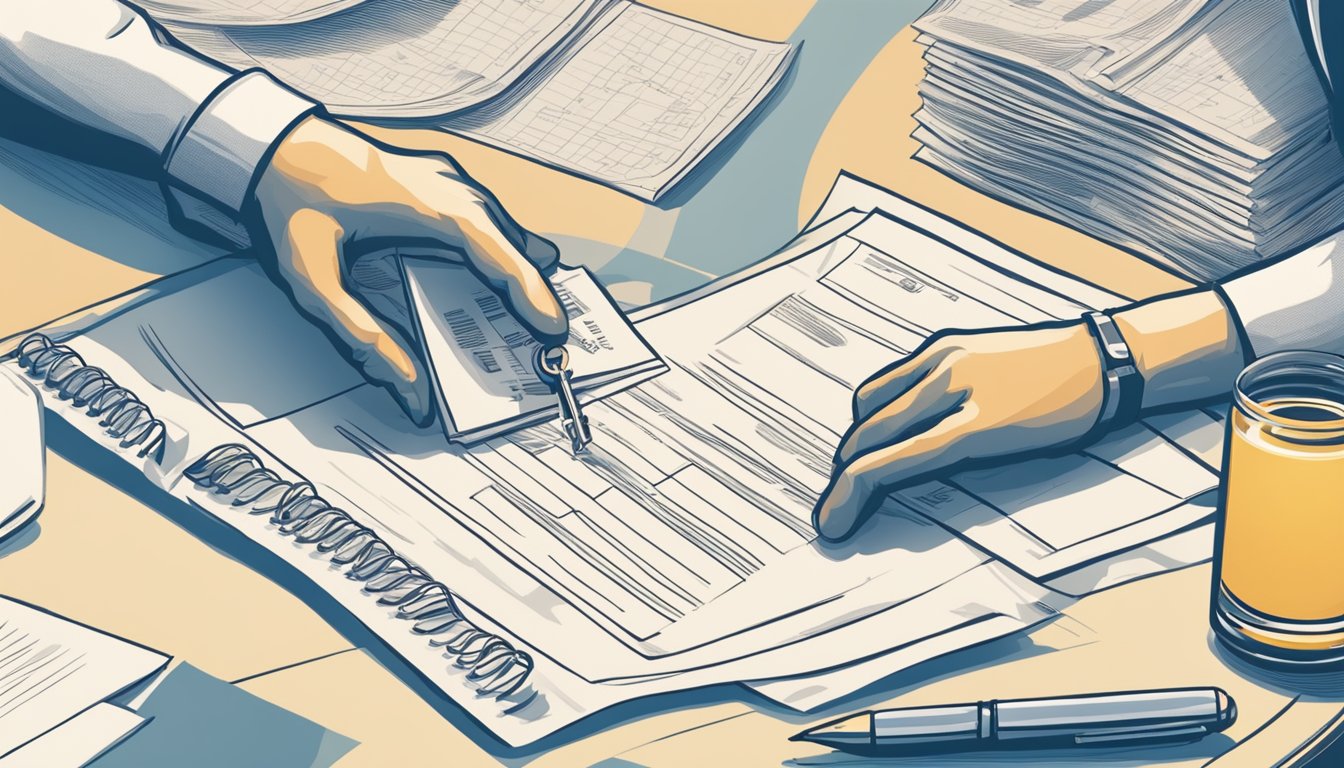
While this may seem like a hefty sum, it’s important to note that you can use your CPF Ordinary Account savings to pay for part of the downpayment. However, there are limits to how much you can use, and you’ll still need to have some cash on hand to fulfill the minimum cash downpayment requirement. Additionally, there are other costs associated with purchasing a private property in Singapore, such as stamp duties and legal fees, that you’ll need to factor into your budget.
Overall, understanding the financial requirements for a private property downpayment in Singapore is an important step in the property purchasing process. By knowing what you need to have in cash and CPF savings, as well as other associated costs, you can better plan and budget for your purchase.
Key Takeaways
- The minimum downpayment for private properties in Singapore is 25% of the purchase price.
- CPF Ordinary Account savings can be used to pay for part of the downpayment, but there are limits to how much you can use.
- Other costs associated with purchasing a private property in Singapore, such as stamp duties and legal fees, should also be factored into your budget.
Understanding the Basics of Private Property Purchase in Singapore
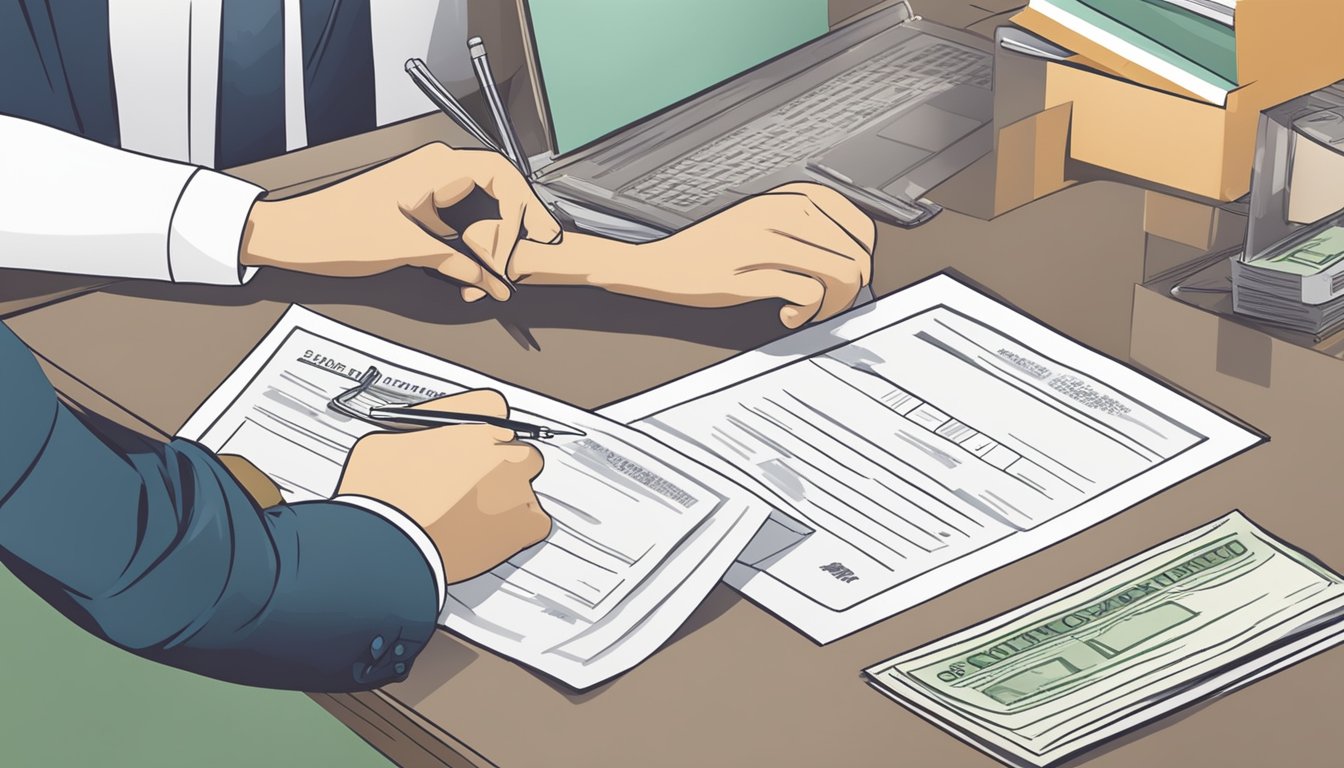
If you are looking to purchase a private property in Singapore, it is important to understand the basics of the process. Here are some key points to keep in mind:
Loan-to-Value (LTV) Ratio
The LTV ratio is the amount of money you can borrow from a bank to purchase a property. In Singapore, the LTV ratio depends on the type of property you are purchasing. For example, if you are purchasing an HDB flat, the LTV ratio is 75%. If you are purchasing a private property, the LTV ratio is 75% for the first property and 45% for the second property.
Types of Properties in Singapore
There are several types of properties in Singapore, including HDB flats, condominiums, and executive condominiums. HDB flats are public housing units that are subsidized by the government. Condominiums are private properties that are managed by a management corporation. Executive condominiums are a hybrid of public and private housing, and are subject to certain eligibility criteria.
When purchasing a private property in Singapore, it is important to consider the downpayment required. The downpayment for private properties is typically 25% of the purchase price, with 5% payable in cash and the remaining 20% payable with CPF funds.
It is also important to consider additional costs such as Buyer’s Stamp Duty (BSD), Additional Buyer’s Stamp Duty (ABSD), mortgage stamp duty, cost of property valuation, and legal fees. These costs can add up quickly, so it is important to budget accordingly.
Overall, purchasing a private property in Singapore can be a complex process, but with the right knowledge and preparation, it can be a rewarding investment.
Financial Requirements for Downpayment
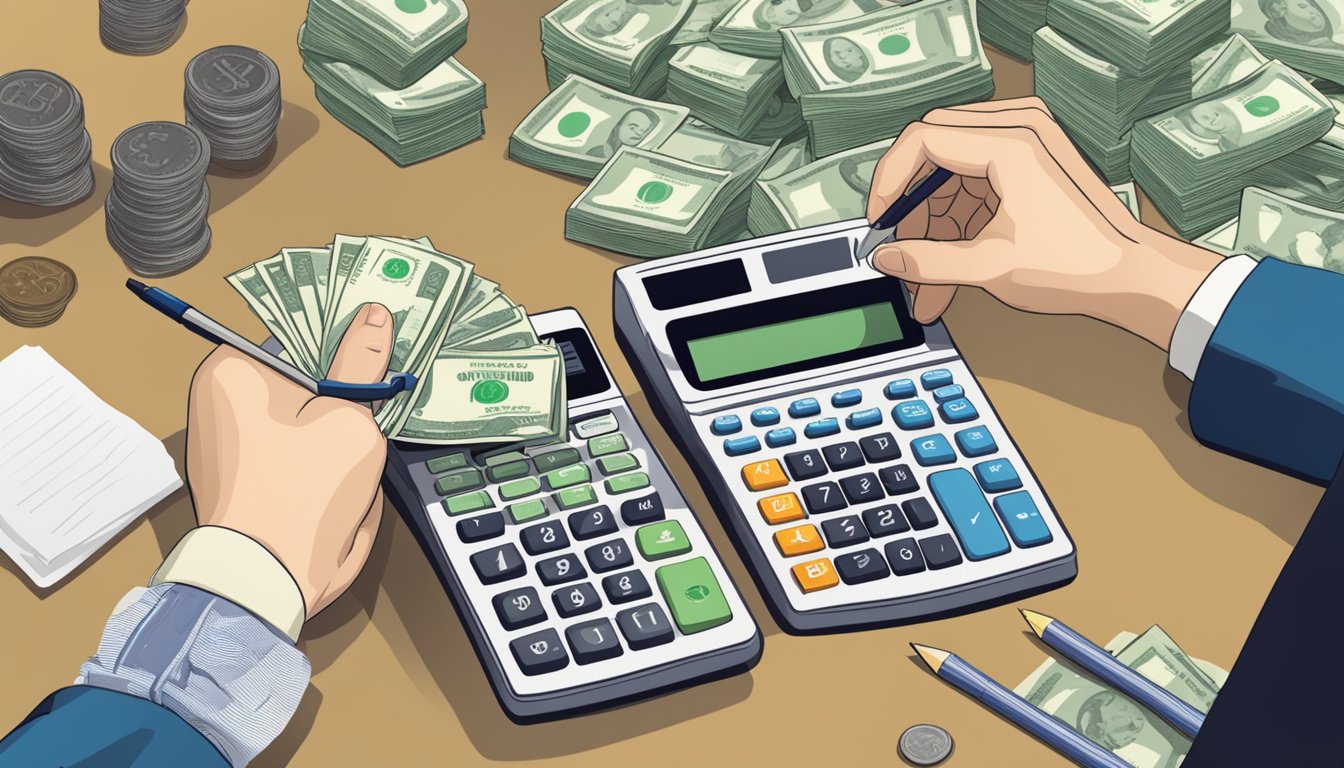
If you’re planning to buy a private property in Singapore, you’ll need to have a significant amount of money saved up for the downpayment. In this section, we’ll go over the financial requirements you need to know before making your purchase.
Minimum Downpayment
The minimum downpayment for private properties in Singapore is 25% of the property value. This means that if the property value is $1 million, the minimum downpayment would be $250,000. Keep in mind that this is the minimum amount required, and some lenders may require a higher downpayment depending on your financial situation.
Cash Downpayment
At least 5% of the downpayment must be paid in cash, and the remaining amount can be paid using your Central Provident Fund (CPF) savings or a bank loan. For instance, if the property you’re buying is worth $1 million, you’ll need to pay at least $50,000 in cash.
Central Provident Fund (CPF) Usage
If you’re a Singaporean or Permanent Resident, you can use your CPF savings to pay for the downpayment. The amount you can use depends on the property’s Loan-to-Value (LTV) limit and the remaining amount after the cash downpayment. You can use your CPF Ordinary Account (OA) savings to pay for the downpayment, but you’ll need to have enough money in your account to cover the payment.
In summary, buying a private property in Singapore requires a significant amount of money upfront. You’ll need to have enough cash on hand for the downpayment, and you can use your CPF savings or a bank loan to cover the remaining amount. Make sure to do your research and speak with a financial advisor to determine the best financing options for your situation.
Stamp Duties and Additional Costs
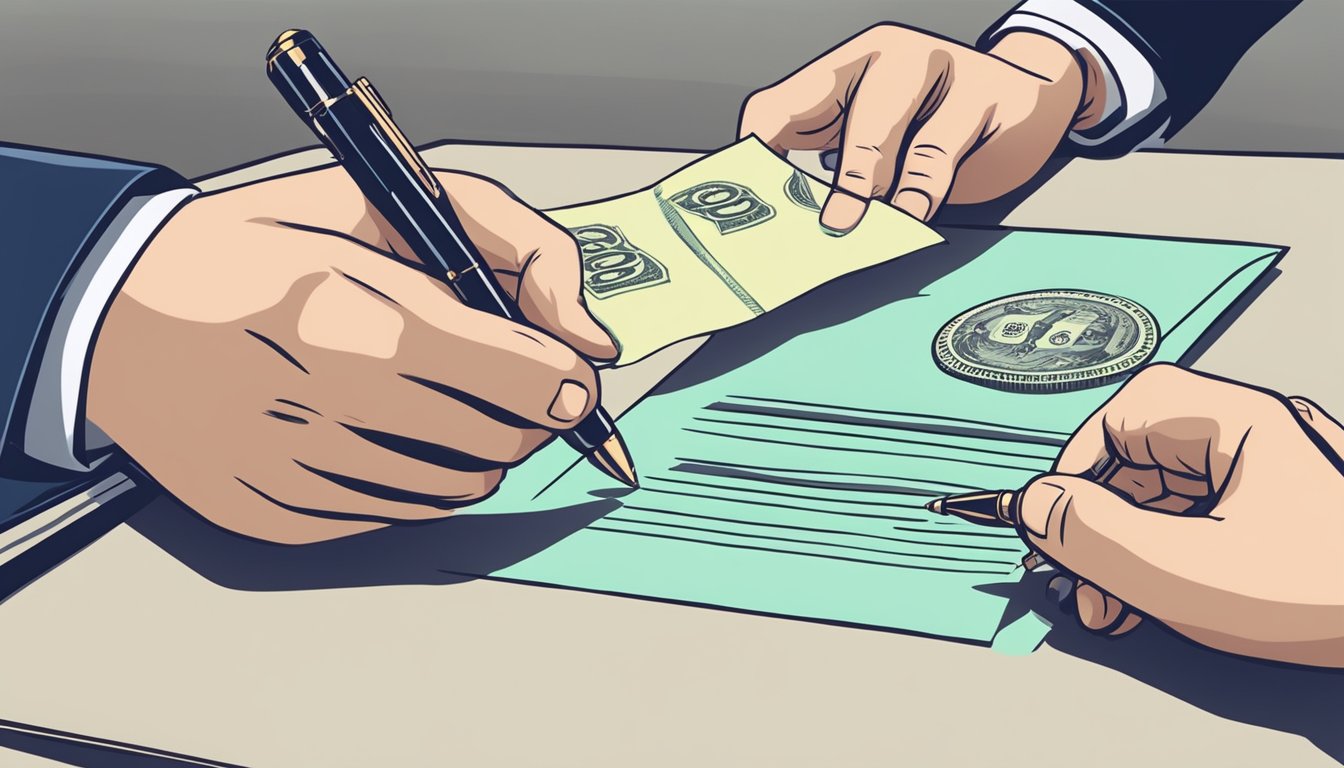
When purchasing a private property in Singapore, it is essential to take into account the various stamp duties and additional costs that come with it. These fees can add up quite significantly, so it is crucial to be aware of them before making any purchase decisions.
Buyer’s Stamp Duty (BSD)
Buyer’s Stamp Duty (BSD) is a tax imposed on buyers when they purchase a property. The BSD rate varies depending on the purchase price of the property. For properties with a purchase price of up to $1 million, the BSD rate is 3%. For properties with a purchase price of more than $1 million, the BSD rate is 4%.
Additional Buyer’s Stamp Duty (ABSD)
Additional Buyer’s Stamp Duty (ABSD) is a tax imposed on certain categories of buyers purchasing residential properties in Singapore. The ABSD rate varies depending on the buyer’s profile and the number of residential properties they already own.
Singapore citizens buying their second residential property are subject to an ABSD rate of 12%, while Singapore Permanent Residents (PRs) buying their first residential property are subject to an ABSD rate of 5%. Foreigners and entities buying their first residential property are subject to an ABSD rate of 20%, while those buying their second residential property are subject to an ABSD rate of 25%. From 27 April 2023 onwards, foreigners and entities buying their third and subsequent residential properties will be subject to an ABSD rate of 30%.
In addition to the ABSD, there are other additional costs to consider when purchasing a private property in Singapore. These costs include legal fees, property valuation fees, and mortgage stamp duty.
Legal fees can range from $3,000 to $5,000, while property valuation fees can cost anywhere from $300 to $500. Mortgage stamp duty is calculated based on the loan amount and ranges from 0.2% to 0.4% of the loan amount.
Overall, it is important to factor in these additional costs when determining your budget for purchasing a private property in Singapore. By doing so, you can make a more informed decision and avoid any unexpected expenses down the line.
Loan Considerations and Interest Rates
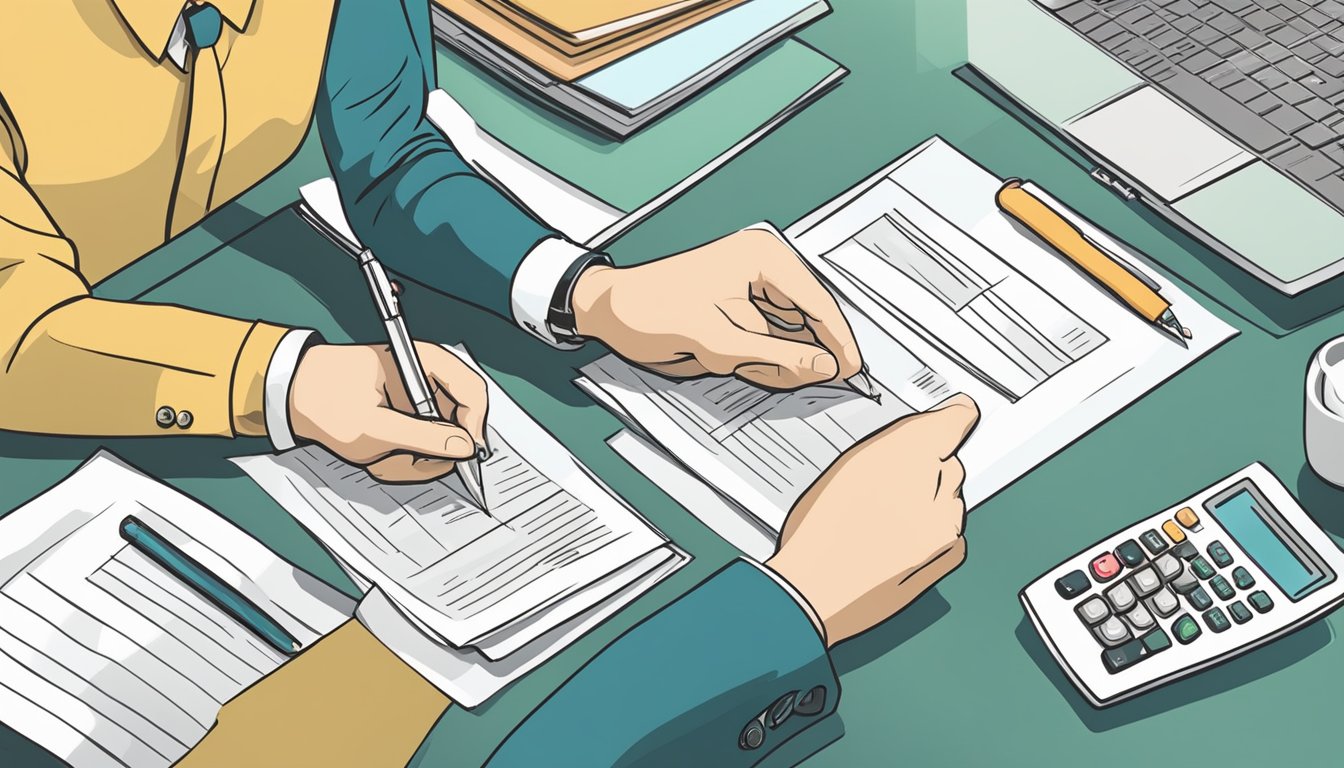
When buying a private property in Singapore, one of the most significant considerations is how you will finance your purchase. You have two main options: HDB loans and bank loans. Each has its pros and cons, so it’s essential to understand them before making a decision.
Choosing Between HDB Loan and Bank Loan
HDB loans are offered by the Housing and Development Board (HDB) and are available only for the purchase of HDB flats. They have a fixed interest rate, which is typically lower than bank loan rates. However, they come with restrictions, such as a maximum loan amount and a repayment period of up to 25 years.
On the other hand, bank loans have a higher interest rate, but they offer more flexibility. You can choose between fixed or floating interest rates and various loan packages. Banks also offer a higher loan amount, up to 75% of the property’s purchase price or valuation, whichever is lower.
Impact of Interest Rates on Loans
Interest rates play a significant role in determining the cost of your loan. If you choose a fixed interest rate, your monthly repayments will remain the same throughout the loan period. However, if you opt for a floating interest rate, your repayments will fluctuate based on market conditions.
It’s essential to keep an eye on interest rates and consider refinancing your loan if you can get a better deal. Refinancing involves switching your loan to a different bank or package to take advantage of lower interest rates.
Total Debt Servicing Ratio (TDSR)
Another critical factor to consider is your Total Debt Servicing Ratio (TDSR). This is a measure of your ability to service your debts, including your mortgage. Your TDSR should not exceed 60% of your gross monthly income.
To calculate your TDSR, add up all your monthly debt obligations, including your mortgage, and divide it by your gross monthly income. If your TDSR is above 60%, you may have difficulty getting a loan.
In conclusion, when buying a private property in Singapore, you must consider various loan options and interest rates. It’s essential to understand the loan-to-value (LTV) ratio, the Total Debt Servicing Ratio (TDSR), and the impact of interest rates on your loan. By doing so, you can make an informed decision and get the best deal possible.
Navigating the Property Market
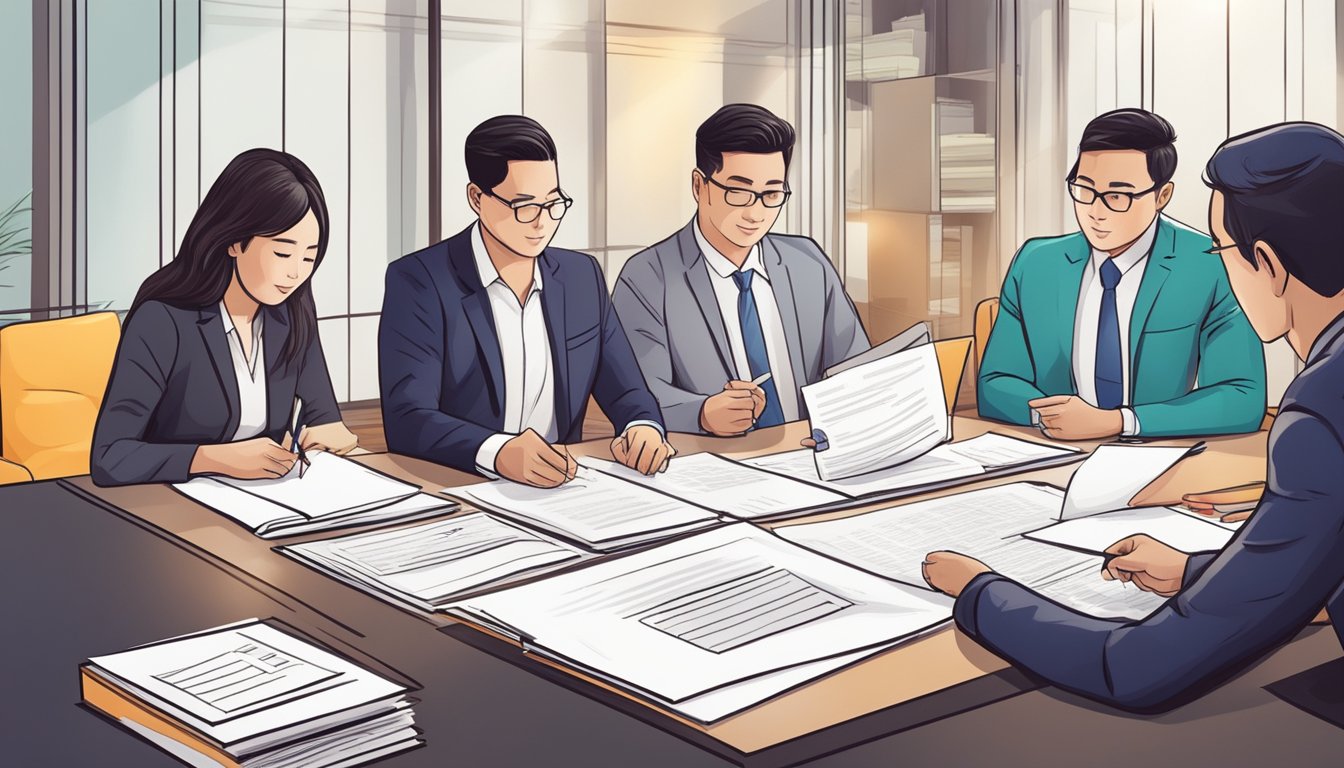
When it comes to buying a private property in Singapore, there are a few things you need to consider. The property market in Singapore is constantly evolving, and it’s important to keep up with the latest trends and regulations to make informed decisions.
Market Trends and Home Prices
The Urban Redevelopment Authority (URA) is the government agency responsible for planning and regulating Singapore’s land use. They provide regular updates on the property market, including information on home prices and market trends.
According to the URA, private residential property prices have been on a steady rise in recent years, with a 0.3% increase in Q4 2023. However, the government has implemented cooling measures to prevent the property market from overheating. These measures include Additional Buyer’s Stamp Duty (ABSD) and Loan-to-Value (LTV) limits.
Despite these measures, property prices are still increasing, albeit at a slower and more sustainable pace. This makes it a good time to invest in a private property, as prices are expected to continue rising in the long run.
Property Valuation and Investment Potential
Property valuation is an important aspect of buying a private property. It involves determining the market value of the property, which can help you make informed decisions about your investment.
PropertyGuru Finance is a useful tool that can help you estimate the value of a property. It takes into account factors such as location, age, and size of the property, as well as recent transactions in the area.
When it comes to investment potential, private properties in Singapore are generally considered a safe and profitable investment. However, it’s important to do your research and consider factors such as location, amenities, and potential rental income.
In conclusion, navigating the property market in Singapore can be a daunting task, but with the right information and tools, it can be a rewarding experience. Keep up with the latest market trends and regulations, and use resources such as PropertyGuru Finance to make informed decisions about your investment. With a little research and patience, you can find the perfect private property to call your own.
Frequently Asked Questions
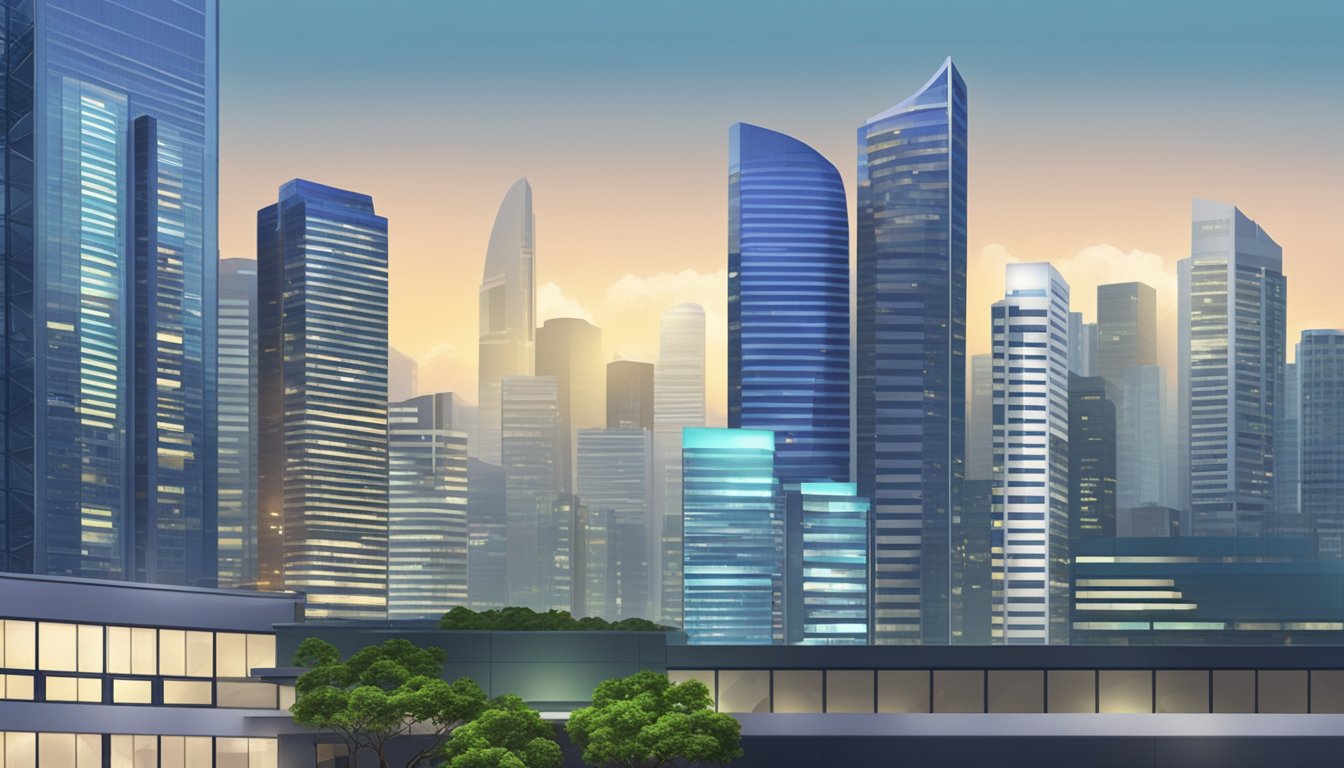
What’s the minimum cash down payment required for a first-time property purchase in Singapore?
As a first-time property buyer in Singapore, you’ll be required to make a minimum cash down payment of 5% of the purchase price. This means that if you’re buying a property worth $1,000,000, you’ll need to have at least $50,000 in cash to pay as the down payment.
How can you determine the down payment amount needed for a condominium in Singapore?
The down payment for a condominium in Singapore depends on several factors, such as the purchase price, the loan-to-value (LTV) ratio, and the buyer’s stamp duty (BSD). You can use online calculators to determine the down payment amount needed for a condominium in Singapore.
To what extent can CPF funds be utilised for a condo down payment?
CPF funds can be used to pay for the down payment of a condominium in Singapore. However, there is a limit to the amount of CPF funds that can be used. The maximum amount of CPF funds that can be used for a down payment is 15% of the purchase price.
What’s the average down payment for a private property in Singapore?
The average down payment for a private property in Singapore is around 25% of the purchase price. However, this can vary depending on several factors, such as the loan-to-value (LTV) ratio, the buyer’s stamp duty (BSD), and the purchase price.
Can CPF savings be used towards the down payment for private property?
Yes, CPF savings can be used towards the down payment for private property in Singapore. However, there is a limit to the amount of CPF savings that can be used. The maximum amount of CPF savings that can be used for a down payment is 15% of the purchase price.
What salary do you need to afford a condo down payment in Singapore?
The salary needed to afford a condo down payment in Singapore depends on several factors, such as the purchase price, the loan-to-value (LTV) ratio, and the buyer’s stamp duty (BSD). Generally, a higher salary is needed for a higher purchase price and a lower LTV ratio. It’s best to use online calculators to determine the salary needed to afford a condo down payment in Singapore.




